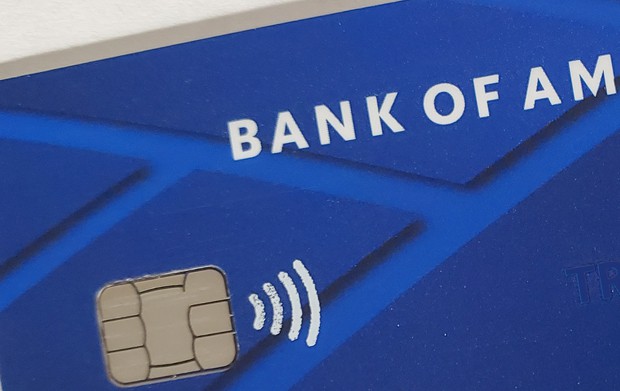Payment card fraud losses reached $28.65 billion worldwide in 2019, according to the most recent Nilson Report data. The United States alone is responsible for more than a third of the total global loss, making it the most card fraud-prone country in the world.
Julie Conroy, a research director for Aite Group’s fraud and anti-money laundering practice, said, “Our estimate was that at the end of 2020, the U.S. was seeing about $11 billion worth of losses due to credit card fraud.”
The coronavirus pandemic is also fueling explosive growth in card fraud activity.
“What happens in every economic downturn is that the attacks start to become more successful,” warned Julie Fergerson, CEO of Merchant Risk Council. “So over the next two to three years, I fully expect credit card fraud numbers to increase in a pretty meaningful way.”
Credit card fraud impacts consumers, merchants and issuers alike. Its economic cost goes far beyond the cost of illegally purchased merchandise. Businesses often spend millions to protect themselves from fraud.
“Fraud is kind of like an arms race,” said Fergerson. “Whatever technology is being implemented, the fraudsters will eventually figure out a workaround, so you have to constantly keep investing. And that’s the cost of business.”
While the Fair Credit Billing Act, the Electronic Fund Transfer Act and the Truth in Lending Act, the latter two known as Regulations E and Z, are designed to protect consumers from card fraud, some experts say they are not enough to protect smaller businesses from the charge-backs caused by fraudulent transactions.
“For a big business, they can absorb a loss on even a pretty significant loss,” said Fergerson. “If a small one-shop business or a restaurant all of a sudden has a $10,000 loss, that could be the difference between making payroll and not making payroll for that company.”
Companies that issue credit cards are looking to technological solutions to stop the fraud. Mike Lemberger, Visa’s senior vice president and regional risk officer for North America, said Visa is partnering with financial institutions and merchants to help prevent fraud. The company “stopped $25 billion in fraud last year using Visa’s A.I. technology,” he said in a statement to CNBC.
However, experts in the field are not optimistic that card fraud can be ended. “I don’t see it being solved under the current construct,” said Colin Sims, CEO of Forter, a fraud prevention company. “As long as money is being transferred digitally, it’s going to be a problem…” CNBC News


